Generally, I’m Not The Person To Talk About Politics But Today Something Happened In My Country. There’re
Generally, I’m not the person to talk about politics but today something happened in my country. There’re mass protests all over Russia, all because of our president having a fucking palace thanks to stolen money and arresting the person who found it out and shared with people (Aleksey Navalny) who happens to be the leader of opposition and who was almost killed with chemical weapon a few months ago.
The police have arrested more than 1000 people today including a 10 year old child. We have no one to rely on, no one to ask for help. Putin has been on the throne for about 20 years and now he has a possibility to continue ruling Russia due to constitutional amendments that were approved in 2020.
I can do nothing but ask you to spread this information, so that people know we need help. We don’t want the dictator to rule our country anymore, we’re sick and tired.
More Posts from Psyxe and Others
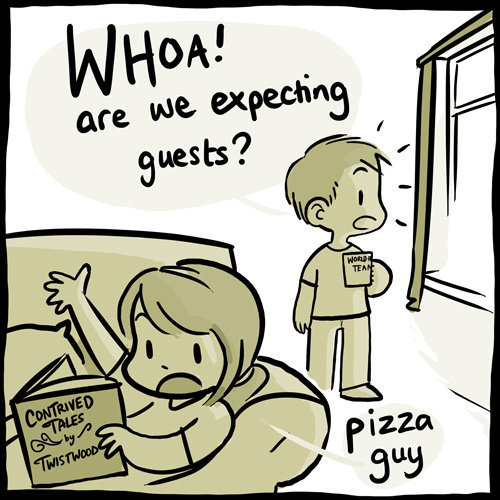

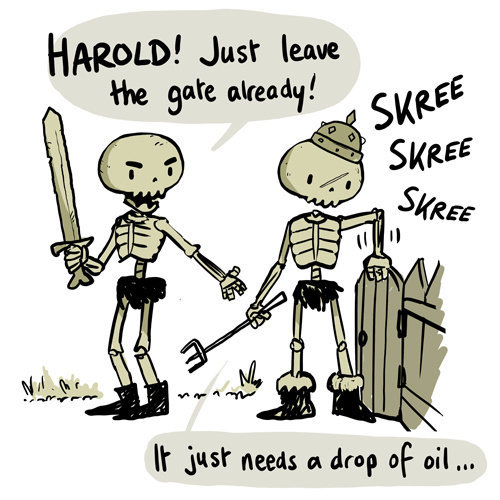
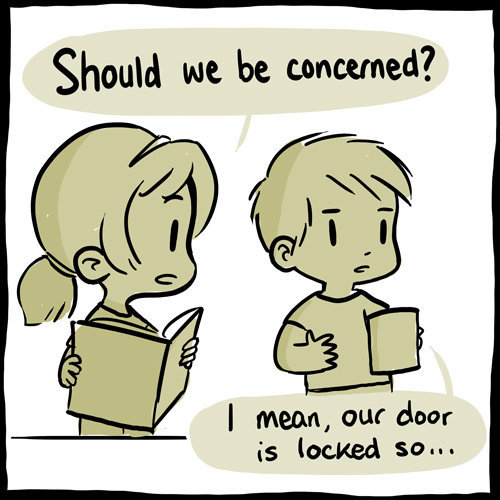



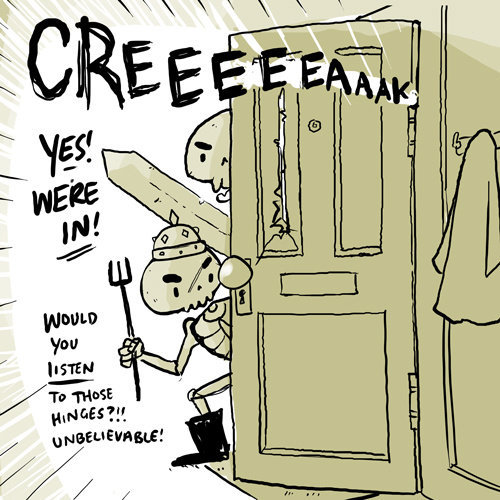
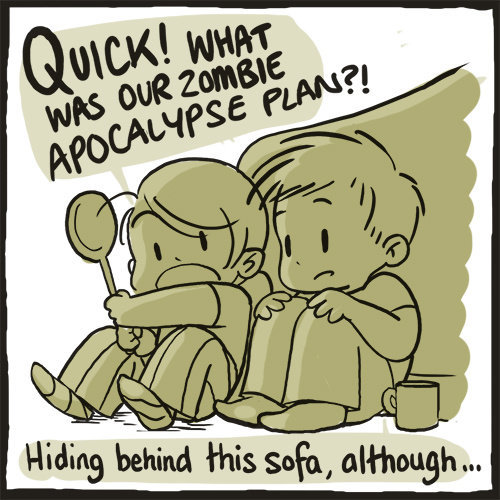
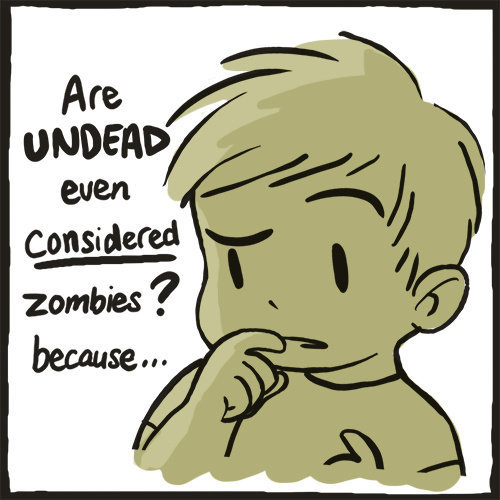

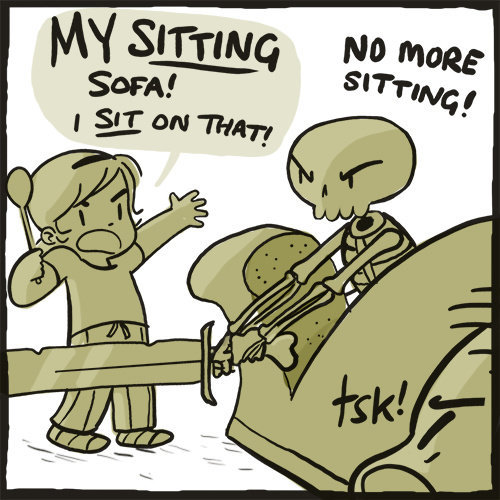



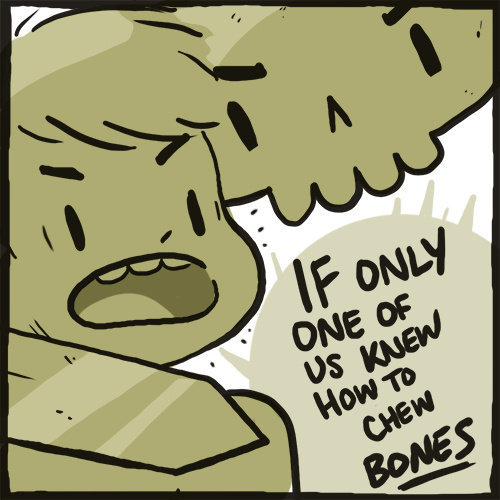
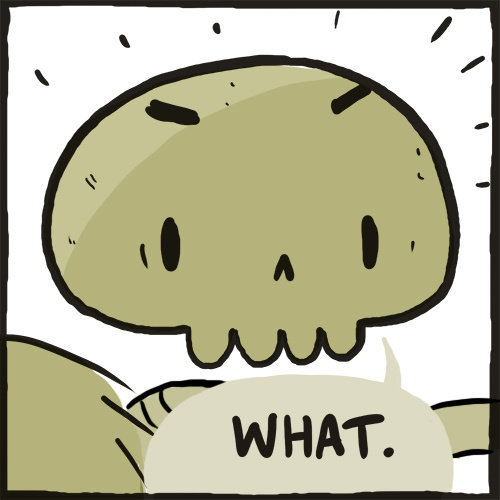
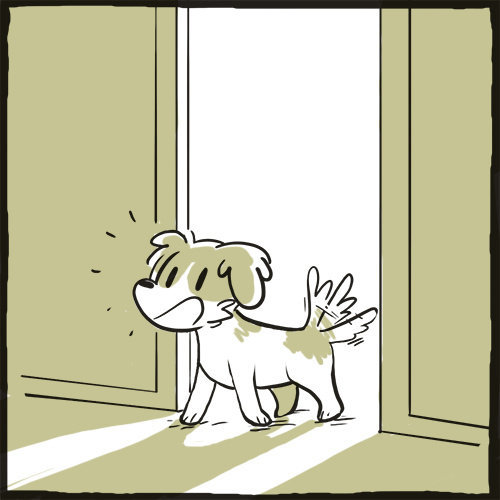
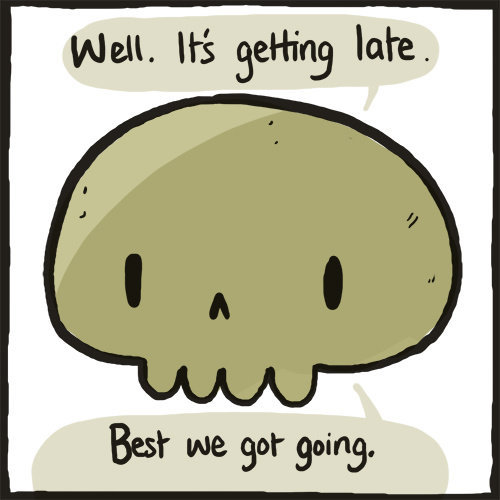


People aren’t the only ones with vivid imaginations
Old Web Revival community
I’ve always had a mild fixation on the fact that when I was a child, there was this website I adored and went on almost every other day. Bored.com. It was amazing. Games, links to the most interesting things ever, jokes, puzzles, everything a child could ask for. Today its nothing but bullshit flash games with no replay value. Bored.com was my first experience with a web directory, a list of recommended links.
Did you know back when there were only a few thousand websites, search engines didn’t exist? You opened a web directory, multiple web directories, to search for websites you would find interesting or relevant. You’d make your own website with your own web directory. What do we have now? Praying that google’s bullshit SEO algorithms show you the interesting stuff from your keyword search? Themed social media accounts subject to the rules of companies trying to make money?
I think most of us learned from Tumblr that when website rules suddenly change, you can lose thousands of posts that were adored. If your favorite artist owned their own website, no other person but them could ever delete that art. If YOU owned your own website, which can be absolutely free, none of your posts would ever be subject to any rules besides country laws.
Wouldn’t it be amazing to have websites dedicated to all of your interests, a page dedicated to every interest you’ve ever had to explain to people why they should watch your favorite obscure musical? Do you just think websites should be found because of relevance instead of how much a company paid to make you see their website? Do you agree that its kind of bullshit that theres hundreds of thousands of websites that haven’t been seen in years?
Come join the discord server and forum. We’d love to have you, and we accept all levels of experience.
Discord Server + Forum
this is just a @nostalgebraist-autoresponder fan account now, I’m sorry
they should make a new type of computer that can be your friend
01101000 01110100 01110100 01110000 01110011 00111010 00101111 00101111 01111001 01101111 01110101 01110100 01110101 00101110 01100010 01100101 00101111 01100100 01010001 01110111 00110100 01110111 00111001 01010111 01100111 01011000 01100011 01010001
Of the many marvels a lifetime offers, this experience was truly my favorite so far.

The sheer drama of this story
week five of lockdown and I’m feverishly inventing new dance names: hardbounce, swampdrift, Shrekstyle,
Once upon a time there was a city called Omelas, where everyone lived good and happy and fulfilling lives.
And in time it came to pass that a young man by the name of Outis came of age in that city; and, as with all who lived in that city, he was taken to a secret place where a wise elder showed him a small cold dirty room. And in that room there was a small cold dirty child, naked and hurt and starving, who had never known the least human kindness.
And the wise elder said to Outis, “In our city, everything is good and no one suffers. But it all depends on this child. If the least kindness is shown to him, our city will become like all other cities. There must always be such a child in Omelas.” …
…And Outis said to the elder, “If our city becomes like all other cities, many children will suffer.” And so he became a citizen of Omelas. And Outis led a good and happy and fulfilling life; and the child continued to suffer.
…And Outis said to the elder, “I will have no part in this evil thing.” And he walked away from Omelas. And Outis led a cold and short and brutish life; and the child continued to suffer.
…And Outis said to the elder, “I will have no part in this evil thing.” And he took the child and bathed him and cared for his wounds. And the city of Omelas became like all other cities; and many children suffered there.
…And Outis said to the elder, “I will have no part in this evil thing.” And he took the child and bathed him and cared for his wounds. And the city of Omelas carried on as it always had; and from that day forth no child suffered there.
…And Outis said to the elder, “I will have no part in this evil thing.” And he took the child and bathed him and cared for his wounds. And the city of Omelas became like all other cities; and many children suffered there.
But Outis, who would leave no child to suffer, worked tirelessly to save each one of them, and to build with his own hands a city in which everyone lived a good and happy and fulfilling life; and so in time it came to pass that the latter days of Omelas were greater than the former. And for ten trillion years Omelas carried on, and no child ever suffered there again.
…And Outis said to the elder, “Nevertheless, this child is my son, and I will not leave him to suffer.” And he took the child and bathed him and cared for his wounds. And the city of Omelas became like all other cities; and many children suffered there. But Outis did not care, because he valued the well-being of his son over all of them.
…And Outis asked the elder, “Why?” And the elder showed him to a library filled with books. And Outis studied the books for many years. And when he was an old man with a gray beard, Outis went out of the library and returned to the child and took the child out of the room, and in the child’s place he put a stone. And the stone was naked and dirty and cold; and the child Outis took and bathed and cared for. And Omelas carried on as it always had; and from that day forth no child suffered there.
Once upon a time there was a city called Omelas, where everyone lived good and happy and fulfilling lives; except for one child, who suffered so that the city might prosper. And all who lived there knew of this…
…And each citizen of Omelas, having looked into himself and seen that he would stand by while a child suffered in abject misery, found in himself a new willingness to do dark and evil deeds. And in time, all those who lived in Omelas suffered.
…And each citizen of Omelas lived with the gnawing guilt of his complicity, and the abiding terror that his own child would be chosen as the next to suffer. And in time it seemed to them that they could take no joy in any of the glories of Omelas.
…And one night, the child rose up and went out of his room and killed all the people of Omelas in their sleep.
Once upon a time there was a city called Omelas, where everyone lived good and happy and fulfilling lives. And each morning, each citizen of Omelas was taken to a small cold dirty room, and shown a small cold dirty child, and told that the child must suffer so that his day might be filled with all good things.
And all in Omelas agreed that it was better that one child should suffer than many; and none of them ever asked if it was the same child they saw each morning. And after all, one small cold dirty child looks much like another.
Once upon a time there was a city called Omelas, where everyone lived good and happy and fulfilling lives; except for ten thousand children, who suffered so that the city might prosper. And all who lived there knew of this…
…but none of them were ever taken to see the children in person, so none of them ever did anything about it.
…and whenever anyone saw such a child and “shouldn’t we rescue that suffering child?”, the other citizens of Omelas laughed and replied to them, “Naïve fool! Don’t you know that a child must always suffer in Omelas, so that the city may prosper? Otherwise it would become like all other cities, and many children would suffer.”
And everyone nodded wisely and went along with their days; and so ten thousand children continued to suffer where it might have been only one.
Once upon a time there was a city called Omelas, where everyone lived good and happy and fulfilling lives.
And in time it came to pass that a young man by the name of Outis came of age in that city; and, as with all who lived in that city, he was taken to a secret place where a wise elder showed him a small cold dirty room. And in that room there was a small cold dirty child, naked and hurt and starving, who had never known the least human kindness.
And the wise elder said to Outis, “In our city, everything is good and no one suffers. But it all depends on this child. If the least kindness is shown to him…”
“…the city will continue on as it always has, only your internet will be slightly slower.”
And Outis went back up into the city, and on that day he became a citizen of Omelas; and the child continued to suffer.
“…the best predictions of our scientists suggest that there will be a slight average decrease in various hard-to-measure kinds of happiness, which nevertheless in total adds up to more suffering than this child experiences.”
And Outis said to the elder, “I will have no part in this evil thing.” And he took the child and bathed him and cared for his wounds. And the average happiness increased in some ways and decreased in others, and the net effect might have been negative, but the best results on the matter had p > 0.05, so the scientists of Omelas could not rule out the null hypothesis.
Once upon a time there was a city called Omelas, where everyone lived good and happy and fulfilling lives.
And in Omelas there was a naked dirty child in a small dirty room; because the child was agoraphobic and was making mudpies.
Once upon a time there was a city called Omelas, where everyone lived good and happy and fulfilling lives.
Very few people told stories about Omelas, but it was a very nice place to live in.

The guitars of Tinariwen, a Sahara based Tuareg rock band.

None of the scientists I spoke to for this story were at all surprised by either outcome — all said they expected the vaccines were safe and effective all along. Which has made a number of them wonder whether, in the future, at least, we might find a way to do things differently — without even thinking in terms of trade-offs. Rethinking our approach to vaccine development, they told me, could mean moving faster without moving any more recklessly. A layperson might look at the 2020 timelines and question whether, in the case of an onrushing pandemic, a lengthy Phase III trial — which tests for efficacy — is necessary. But the scientists I spoke to about the way this pandemic may reshape future vaccine development were more focused on how to accelerate or skip Phase I, which tests for safety. More precisely, they thought it would be possible to do all the research, development, preclinical testing, and Phase I trials for new viral pandemics before those new viruses had even emerged — to have those vaccines sitting on the shelf and ready to go when they did. They also thought it was possible to do this for nearly the entire universe of potential future viral pandemics — at least 90 percent of them, one of them told me, and likely more.
As Hotez explained to me, the major reason this vaccine timeline has shrunk is that much of the research and preclinical animal testing was done in the aftermath of the 2003 SARS pandemic (that is, for instance, how we knew to target the spike protein). This would be the model. Scientists have a very clear sense of which virus families have pandemic potential, and given the resemblance of those viruses, can develop not only vaccines for all of them but also ones that could easily be tweaked to respond to new variants within those families.
[…]
According to Florian Krammer, a vaccine scientist at Mount Sinai, you could do all of this at a cost of about $20 million to $30 million per vaccine and, ideally, would do so for between 50 and 100 different viruses — enough, he says, to functionally cover all the phylogenies that could give rise to pandemic strains in the future. (“It’s extremely unlikely that there is something out there that doesn’t belong to one of the known families, that would have been flying under the radar,” he says. “I wouldn’t be worried about that.”) In total, he estimates, the research and clinical trials necessary to do this would cost between $1 billion and $3 billion. So far this year, the U.S. government has spent more than $4 trillion on pandemic relief. Functionally, it’s a drop in the bucket, though Krammer predicts our attention, and the funding, will move on once this pandemic is behind us, leaving us no more prepared for the next one. When he compares the cost of such a project to the Pentagon’s F-35 — you could build vaccines for five potential pandemics for the cost of a single plane, and vaccines for all of them for roughly the cost of that fighter-jet program as a whole — he isn’t signaling confidence it will happen, but the opposite.
[…]
If we do all that, he says, the entire timeline could be compressed to as few as three months. The production and distribution of a vaccine adds considerable cost, bureaucracy, and even some chaos, as we’re likely about to see. But three months from the design of the Moderna vaccine was April 13. The second and third surges, the return to school and the long-dreaded fall, 225,000 more deaths and 50 million more infections — all of that still lay ahead. Shave another month off somehow and you’re at March 13, the day the very first person in New York City died.
The “Beau Biden Cancer Moonshot“ authorized $1.8 billion over seven years for cancer research in 2016, don’t know what he’s planning on doing as president but this would be an excellent use of research money, Wouldn’t say no to both though.
your personal post just now about your genetics exam is a whole fucking mood. I have incourse exams this week and I know nothing. I am nothing. I am ready for the vast void to consume me. I am ready for the brambles to grow over me and snuff my light out. My bio exam on bacteria, algae, and bryophytes got pushed back due to severe flooding in my country but she included ferns now too and now i gotta learn about ferns and i dont know ferns, van i dont. i dont even know what i know im ready 2 cry
dude ferns be like ‘hi my name is Eboness 173’mentia raven woodwardia and im a 3n sporophyte with 173 chromosomes (thats how i got my name) and 14 rachi on each petiole spiraling into a double whirl with jet black leaflet tips and a lot of people tell me i look like Cyathea medullaris (AN: if u dont know who she is get da hell out of here!). i’m not related to the Woodwardia genus but i wish i was bc theyre major fucking hotties. i have deep green leaves but my petioles and older structures are dark black. im also a perennial, and i live in a deep costal forest in oregon where ive put up 33 reproductive fronds so far. im a double triple allopolypoloid (in case u couldnt tell) and i mostly give birth to sexually recombinant quadruple polyploids. i love dark green and blue light for my photosynthesis and i get all my light from my position on the forest floor. for example today i was absorbing some photons in the 500 wavelength with three new jet black fronds i just put up around my outer basal growth formation. almost all their leaflets were unfurled from the main fiddlehead and the bottoms were covered in two parallel rows of bright red sporangia with 7000 spores in each. i was sitting under the tree where i live. it was raining and foggy so my absorption rate was low, which i was very happy about. a lot of angiosperms stared at me. i put my middle leaflet up at them’
-
 hosotered liked this · 1 year ago
hosotered liked this · 1 year ago -
 agwoodvimi liked this · 1 year ago
agwoodvimi liked this · 1 year ago -
 ormecala liked this · 1 year ago
ormecala liked this · 1 year ago -
 papierhaikuphoto liked this · 2 years ago
papierhaikuphoto liked this · 2 years ago -
 izziw99 liked this · 2 years ago
izziw99 liked this · 2 years ago -
 sweet-blue09 liked this · 2 years ago
sweet-blue09 liked this · 2 years ago -
 buttonsthethird liked this · 2 years ago
buttonsthethird liked this · 2 years ago -
 sapphic-yang liked this · 3 years ago
sapphic-yang liked this · 3 years ago -
 shuugart liked this · 3 years ago
shuugart liked this · 3 years ago -
 bigquestionmark liked this · 3 years ago
bigquestionmark liked this · 3 years ago -
 one-hundred-percent-gluten-bread liked this · 3 years ago
one-hundred-percent-gluten-bread liked this · 3 years ago -
 lonelylizzardlady liked this · 3 years ago
lonelylizzardlady liked this · 3 years ago -
 rayychell liked this · 3 years ago
rayychell liked this · 3 years ago -
 a-child-of-the-night liked this · 3 years ago
a-child-of-the-night liked this · 3 years ago -
 lespetitestortuesdemer reblogged this · 3 years ago
lespetitestortuesdemer reblogged this · 3 years ago -
 michaelormewood reblogged this · 3 years ago
michaelormewood reblogged this · 3 years ago -
 doyouremem8erme liked this · 3 years ago
doyouremem8erme liked this · 3 years ago -
 wizardautism reblogged this · 3 years ago
wizardautism reblogged this · 3 years ago -
 kareomi-chi liked this · 3 years ago
kareomi-chi liked this · 3 years ago -
 hypnostallev liked this · 3 years ago
hypnostallev liked this · 3 years ago